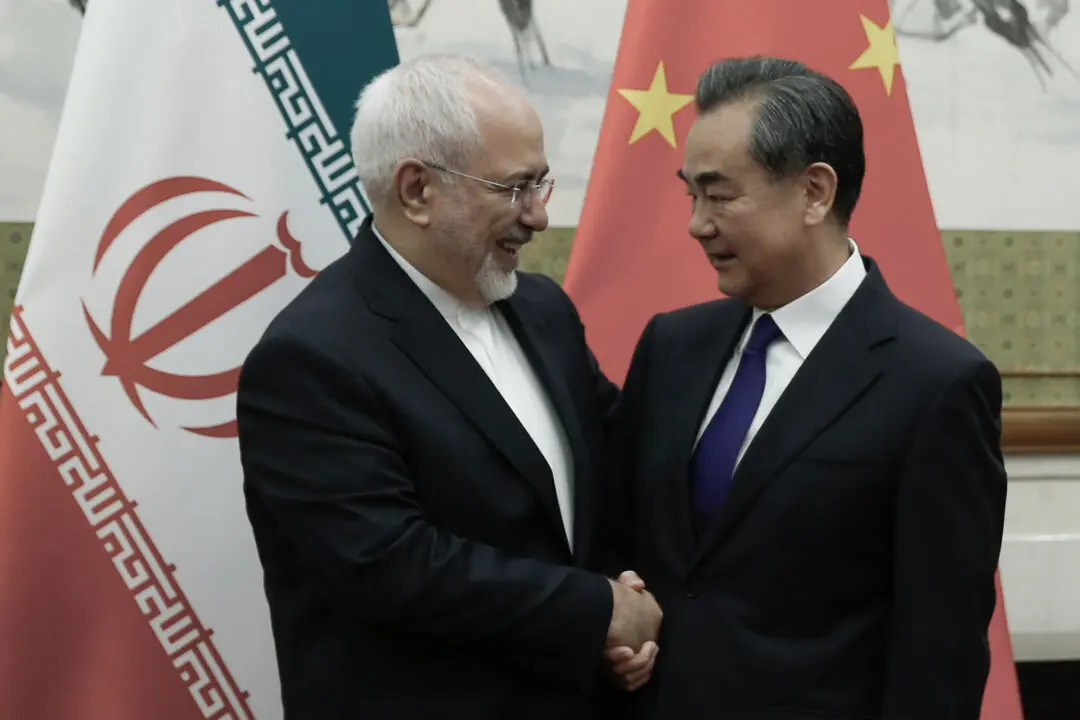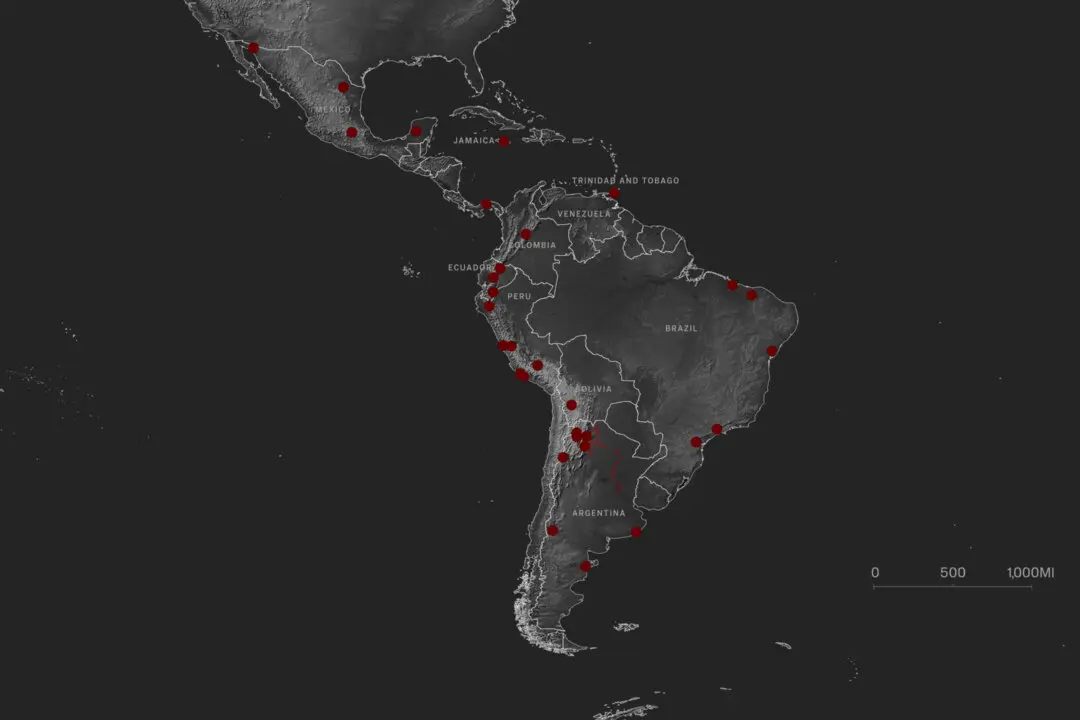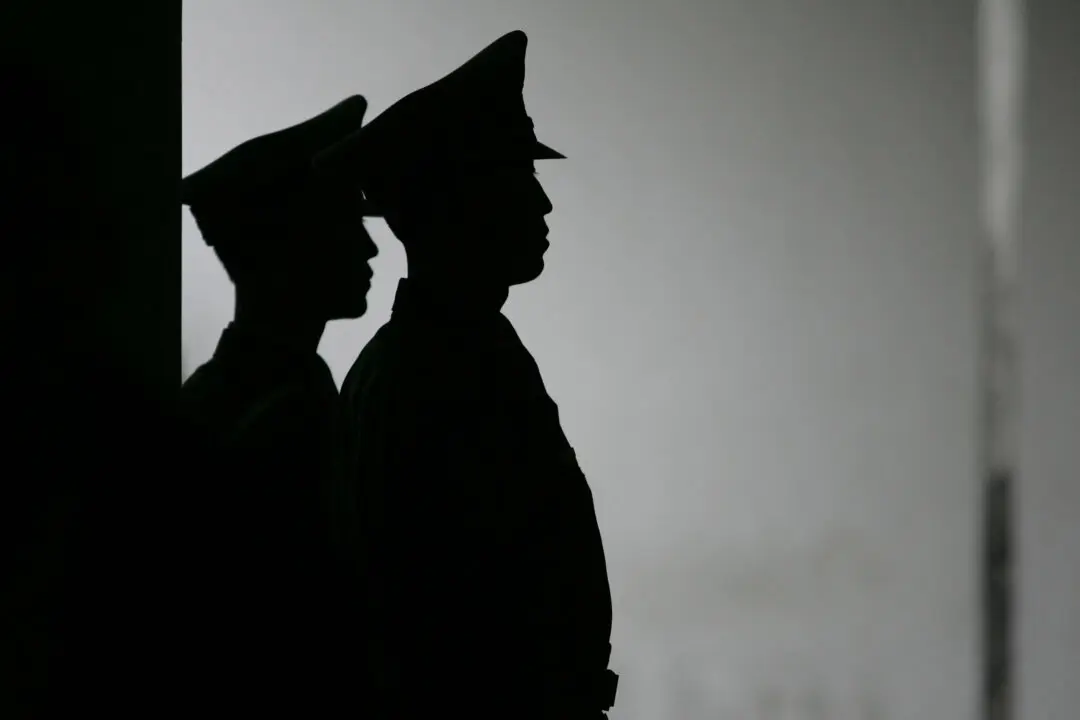A 25-year-old Chinese netizen was arrested on Oct. 7 for his comments backing the Houston Rockets basketball team, following the team manager posting a tweet in support of Hong Kong protesters.
“I live and die with the team, come arrest me,” Wang Haoda, a self-identified Houston Rockets fan and musician, wrote on the popular Chinese social media platform Weibo around Oct. 6 midnight.





